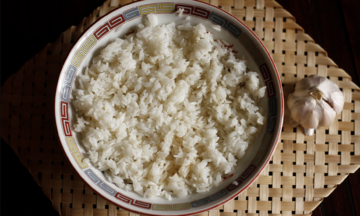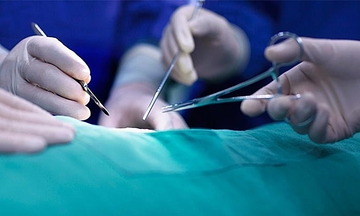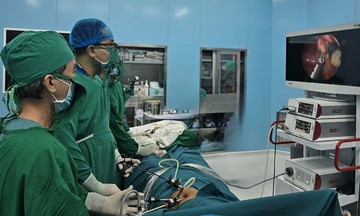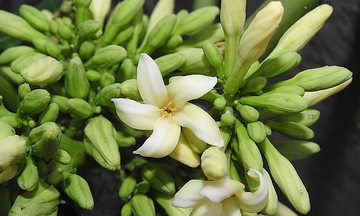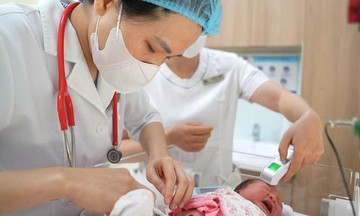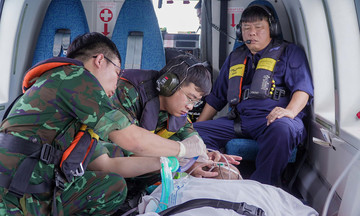On 29/8, the South Korean government approved the 2026 budget draft, increasing social security spending to 128,000 trillion won. This budget focuses on addressing demographic challenges like the low birth rate and aging population, with support policies ranging from children and young people to the elderly.
The centerpiece of this welfare package is cash support for families with young children. Starting in 2026, a family in Seoul having their first child will receive a total of 30.8 million won (over 567 million VND) from three government programs, regardless of income. This excludes local government bonuses and maternity leave allowances.
This substantial sum is due to the Child Allowance (100,000 won/month) being extended to children under 8 years old, up from 7. Under this new policy, a child will receive a total of 10.8 million won over 9 years.
The other two benefits include the Birth Voucher (2 million won for the first child, 3 million won for the second) and the Parental Allowance (1 million won/month for children aged 0-11 months and 500,000 won/month for children aged 12-23 months), totaling 18 million won over two years.
Beyond cash incentives, the new policy expands free vaccinations for influenza (under 14 years old) and HPV (boys up to 12 years old). It also extends care services for single-parent families and families with disabilities.
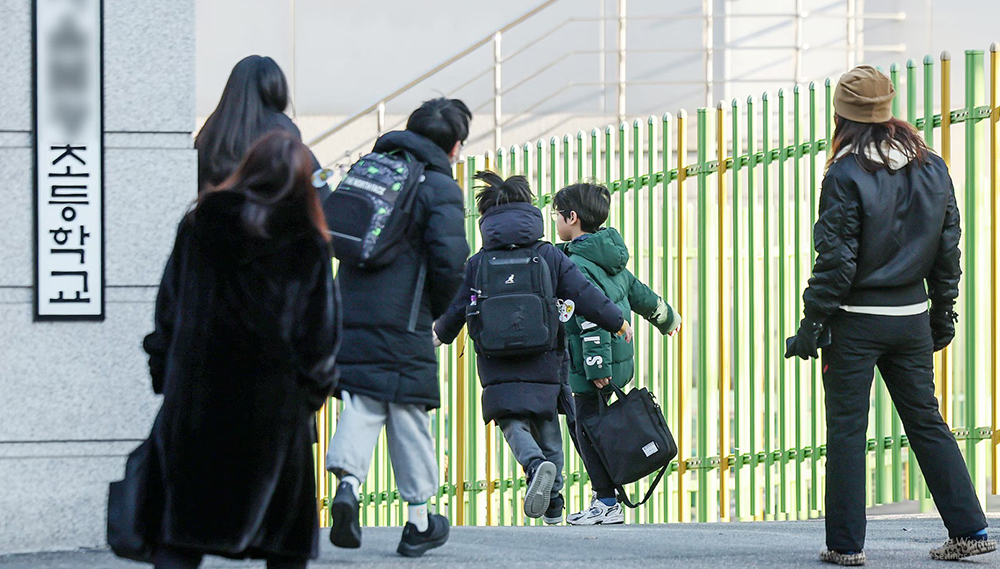 |
Parents take their children to school at an elementary school in Seoul, South Korea. Photo: Chosun Biz |
Parents take their children to school at an elementary school in Seoul, South Korea. Photo: Chosun Biz
The budget for youth support has also increased significantly to over 7,000 trillion won. A new "Youth Future Savings" program allows individuals aged 19 to 34 to save up to 500,000 won/month, with the government matching their contributions. The government's contribution rate is 6% for the standard program and up to 12% for young people working in small and medium-sized enterprises, helping them accumulate up to 22 million won over three years.
Additionally, young people working in suburban areas will receive a retention allowance of up to 7.2 million won over two years. In terms of housing, 35,000 public rental apartments will be added, and the monthly rent support of 200,000 won will be maintained.
To address the aging population, the government will create 50,000 new jobs for senior citizens. The "Inclusion Incentive" of 100,000 won/month will be implemented for elderly people in suburban areas. The nationwide community-based comprehensive care project will also see its budget increase more than tenfold to 77.7 trillion won.
Furthermore, living allowances for low-income families of four will surpass 2 million won/month for the first time.
These generous cash support policies, introduced less than 10 years ago and continuously expanded, have been well-received by parents for "significantly reducing the financial burden." However, their effectiveness in boosting the birth rate remains questionable. The Korea Institute for Health and Social Affairs suggests that short-term cash benefits alone are unlikely to influence long-term decisions like having children. "Improving the social structure to create a supportive environment for raising children is the top priority," the institute's report stated.
Some experts also find the current support system overly complex, with overlaps between central and local governments, and believe it needs streamlining for greater efficiency.
South Korea has the world's lowest birth rate, at 0.72 in 2023, far below the 2.1 recommended for maintaining a stable population. This has led to projections of South Korea's population potentially halving by the end of the 21st century. Officials have declared a national emergency, considering this a major economic and social risk.
Binh Minh (The Chosun Daily, Chosun Biz)




